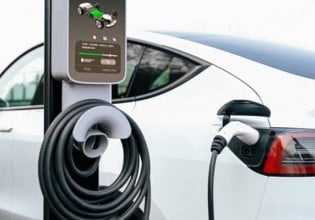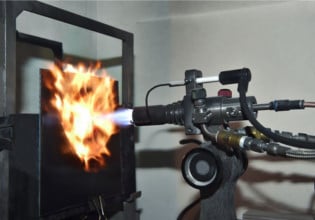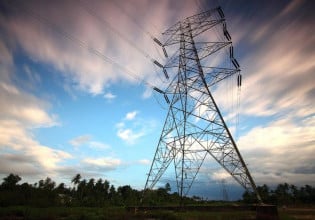How a Startup Is Tackling Battery Waste With AI
With advanced measurement and analytics techniques, Circu Li-ion is looking to reimagine battery waste management.
The escalating demand for electric vehicles, renewable energy storage, and portable electronics has intensified the problem of battery waste, posing environmental and technological challenges. Traditional recycling methods, which often reduce batteries to a "black mass," are energy-intensive and result in the loss of valuable materials. Upcycling offers a promising alternative but has its own hurdles, such as accurately assessing battery health and separating usable cells from waste.
Electric vehicle battery production. Image used courtesy of EVA
Circu Li-ion is a Luxembourg-based startup leveraging artificial intelligence (AI) and advanced electrochemical techniques to solve these challenges. With this process, Circul Li-ion is trying to present a new solution to the challenges facing battery waste.
Roadblocks to Battery Waste Management
The issue of battery waste represents a significant environmental challenge and technological challenge.
Traditional methods of battery disposal often involve shredding the cells into a "black mass," a process that not only consumes energy but also results in the loss of valuable materials like lithium, cobalt, and nickel. These materials then require energy-intensive processes for extraction and refinement when they could have been reused, creating a cycle of inefficiency and waste.
A pile of black mass. Image used courtesy of Aqua Metals
One potential solution is upcycling, which involves taking waste materials and repurposing them into other products. However, even the upcycling of batteries presents its own set of challenges. One of the primary issues is the accurate assessment of battery health. Batteries are complex electrochemical systems, and determining which cells within a battery pack are still usable is not straightforward. Traditional methods like voltage measurement or discharge tests are often insufficient for a comprehensive evaluation.
Moreover, the separation of usable cells from other components like plastic housings and printed circuit boards is a labor-intensive process that requires specialized machinery. Even with advanced separation techniques, there's the challenge of ensuring the separated materials meet the quality standards for their new intended use. For instance, a cell no longer suitable for a high-drain application like an electric vehicle might still be usable in a less demanding application like energy storage. However, ensuring this cell meets the required specifications for its new role is crucial.
A New Approach to Upcycling
Circu Li-ion is pioneering a transformative approach to battery recycling with its smart upcycling machine.
Circu Li-ion's technology disrupts the otherwise inefficient cycle of battery recycling by employing AI and a comprehensive battery library to diagnose the health of individual battery cells within seconds. This rapid and precise diagnosis allows the company to save usable cells from being shredded, thereby reducing waste and optimizing resource utilization.
The Circu Li-ion battery recycling solution. Image used courtesy of Circu Li-ion
The machine's capabilities extend beyond mere sorting. It employs electrochemical impedance spectroscopy to collect over 25 data points per cell, enabling an accurate assessment of the cell's health down to a delta of 1.2%. This level of precision is crucial for determining the future usability of each cell. Cells in excellent condition could find a second life in mobility applications, while those in moderate condition could serve in renewable energy storage systems. Cells beyond their useful life are sent to traditional recycling facilities, ensuring no component goes to waste.
Circu Li-ion's approach addresses several challenges in the battery recycling landscape. First, it mitigates the loss of valuable materials like lithium, cobalt, and nickel, which often get mixed and lost in traditional recycling methods. Second, the technology offers a more sustainable alternative by reducing the energy consumption associated with pyrometallurgical or hydrometallurgical processes. Third, by identifying and separating usable cells, the company opens avenues for applying these cells, extending their lifecycle and reducing the demand for newly extracted materials.
Aiming for Disruption
Financially backed by around $9 million in seed funding, Circu Li-ion aims to scale its "machine-as-a-service" business model and build the world's largest repository of battery recycling data. By doing so, the company hopes to transform the battery waste management sector and contribute to a more sustainable and circular economy.









